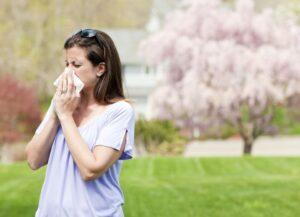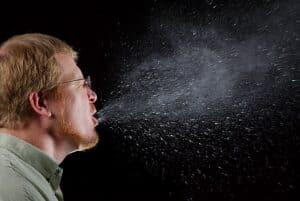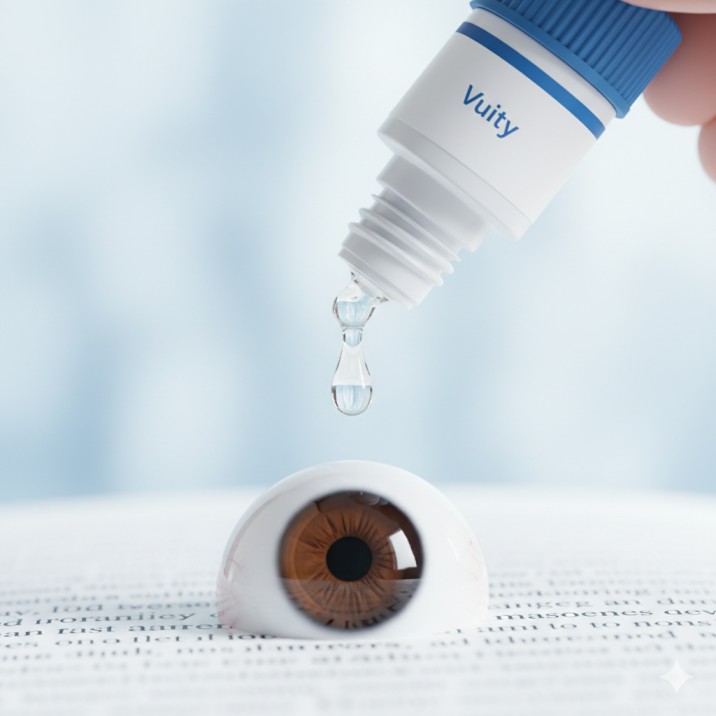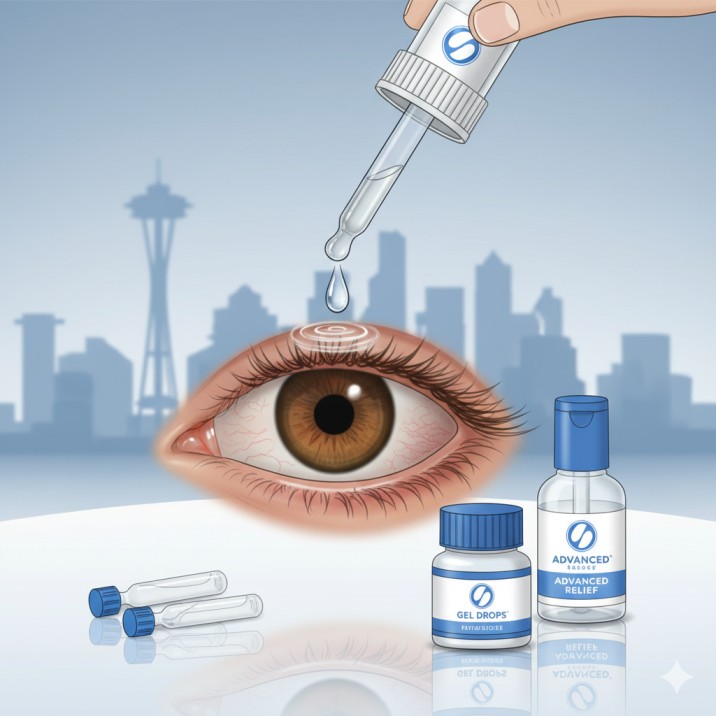Hay Fever or Cold? Seattle Allergy Guide
Key Takeaways
-
Know your symptoms: Itchy, watery eyes and no fever? Likely hay fever, not a cold.
-
Seattle’s climate matters: Mold thrives in our wet environment, increasing allergic reactions.
-
Go to an eye clinic: For allergy-related eye issues, optometrists like Cannon EyeCare provide faster, more specialized care than general allergy clinics.
-
Relief is available: Combine allergy eye drops, oral antihistamines, and nasal sprays for effective symptom control.
-
Minimize exposure: Use air purifiers, keep windows shut, and wash hair nightly during peak pollen seasons.
-
Prevent public discomfort: Treat symptoms early to avoid sneezing fits and eye rubbing in social settings.
-
Get personalized help: Cannon EyeCare offers targeted treatment plans that go beyond generic solutions, tailored to Seattle’s environment and your needs.
Understanding Hay Fever: Seattle’s Seasonal Allergy Challenge
Hay fever (medically termed allergic rhinitis or allergic conjunctivitis when affecting the eyes) is an allergic response to pollen, dust, or mold. Common symptoms impacting Seattle residents include:
-
Itchy, inflamed eyes and nose
-
Runny nose and persistent sneezing
-
Sore throat and dry cough
-
Red, watery, swollen eyes
As a leading Seattle eye care provider, we’ll guide you through effective hay fever treatments while addressing specific concerns during allergy seasons.
Why Untreated Hay Fever Concerns Us
Unmanaged symptoms create particular challenges:
-
Public sneezing/coughing causing discomfort
-
Constant eye rubbing increases infection risk
-
Symptom confusion with respiratory illnesses
Proper management reduces these risks while improving daily comfort.
Hay Fever Prevalence: Key Facts
Research reveals that hay fever affects:
-
7.8% of U.S. adults
-
10% of white children and 7% of black children in America
-
10-30% of the global population
Distinguishing Hay Fever from Colds
Watch for these telltale signs:
-
Allergies feature: Itchy/watery eyes (never fever)
-
Colds involve: Frequent sore throats, potential fever
-
Seasonal patterns: Recurring spring symptoms likely indicate pollen allergies
Why Location Shapes Your Allergy Experience
Your immune system adapts to local pollen during childhood. This explains why:
-
Pacific Northwest natives often tolerate regional allergens well
-
Relocating adults (e.g., to the Southwest) face new pollen exposures
The Relocation Allergy Timeline
-
Year 1: The Immune system catalogs new environmental allergens
-
Year 2+: Allergy symptoms typically emerge if susceptible
Seattle residents: Our wet climate increases mold allergies – consult us for localized management strategies.
Allergy Clinic vs. Eye Clinic: Where Seattle Patients Should Go
When hay fever primarily affects your eyes, choose a Seattle eye clinic like Cannon EyeCare over allergy centers. Benefits include:
-
Specialized ocular symptom exams
-
Faster access during peak allergy season
-
Comprehensive eye health evaluations
Effective Over-the-Counter Treatments
For allergic conjunctivitis (red, itchy eyes), use this triple-action approach:
-
Eye drops: Lastacaft, Zaditor, Alaway, or Pataday (1-2 drops daily)
-
Oral antihistamines: Zyrtec, Claritin, or Allegra for 24-hour relief
-
Nasal steroids: Flonase or Nasacort – use sparingly to avoid retinal swelling risks
Non-Medical Solutions for Seattle Residents
Reduce exposure with these strategies:
-
Keep windows closed during high pollen counts
-
Use bedroom air purifiers
-
Wash your hair nightly to remove pollen
-
Apply saline nasal sprays and artificial tears
Managing Hay Fever in Public Spaces
Worst-Case Scenario
Uncontrolled sneezing risks spreading germs and causes social discomfort, especially during respiratory illness seasons.
Best-Case Solution
Proactive treatment at Cannon EyeCare helps you:
-
Minimize public sneezing/tearing
-
Reduce infection transmission concerns
-
Enjoy daily comfort during Seattle’s allergy seasons
Specialized Hay Fever Relief at Cannon EyeCare
When seasonal allergies disrupt your life, Seattle’s top-rated eye clinic offers targeted solutions:
-
Allergy-focused eye exams identify irritant sources
-
Personalized treatment plans for red/itchy eyes
-
Preventive strategies for long-term symptom management
“Hay fever feels like an endless cold – we help you reclaim comfort during Seattle’s toughest allergy seasons.”
Book Your Seattle Allergy Consultation
Why Seattle Chooses Cannon EyeCare
As a leading provider of medical eye care since 2015, we:
-
Prioritize personalized allergy treatment plans
-
Combine disease prevention with immediate symptom relief
-
Maintain Seattle’s highest patient satisfaction ratings
-
Treat every patient as unique – no generic solutions
Our Commitment to Seattle Residents
We build lasting relationships through:
-
Comprehensive education about your eye health
-
Transparent explanations of treatment options
-
Proactive vision preservation strategies
-
Community-focused care across generations
Seasonal allergies like hay fever don’t have to derail your comfort or daily routine, especially in Seattle’s uniquely challenging climate. With the right approach, you can manage itchy, watery eyes, sneezing, and congestion effectively while protecting your long-term eye health. At Cannon EyeCare, we’re dedicated to helping Seattle residents navigate allergy season with personalized, expert care tailored to their needs.
Don’t let hay fever rule your spring and summer. Schedule your personalized allergy eye exam with Cannon EyeCare today.
📞 Pike Place Market Optical
📞 University Village Clinic
💻 Book online 24/7 for fast, convenient scheduling.
FAQs
-
Daily antihistamines like Zyrtec or Claritin, corticosteroid nasal sprays such as Flonase, and saline nasal rinses are highly recommended for managing hay fever symptoms in Seattle





